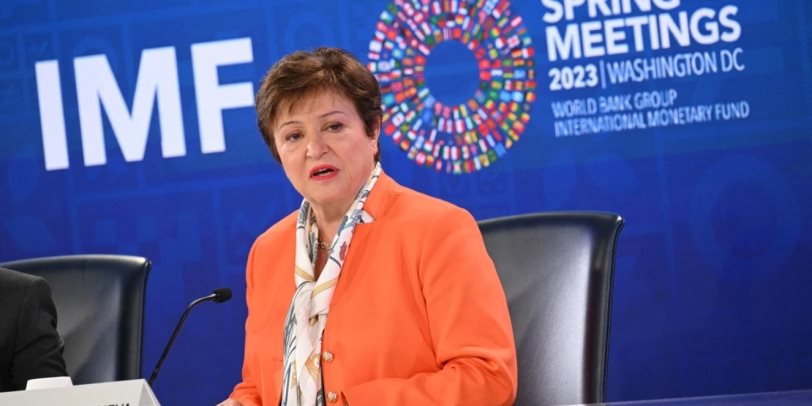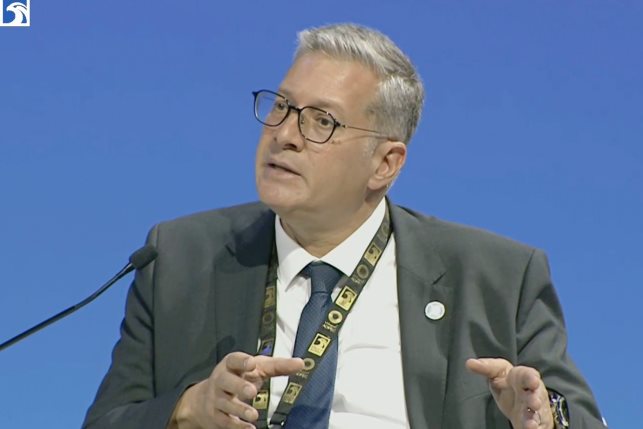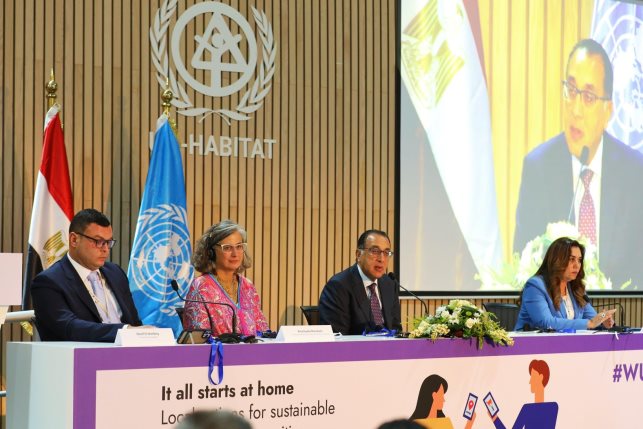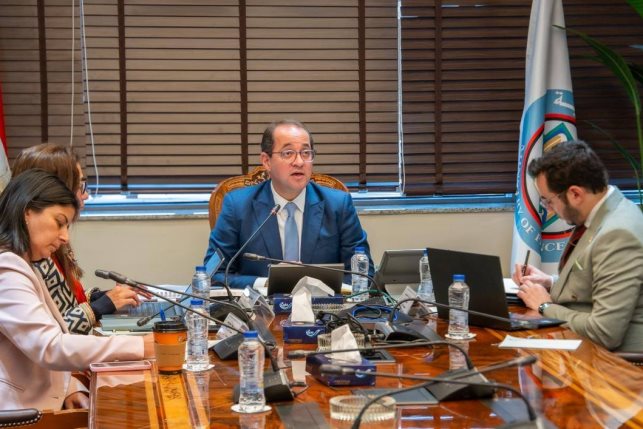Economic impact of war on Gaza already visible in Egypt, Lebanon, Jordan | IMF Head
“We are concerned first and foremost about the epicenter of the war, the tragic loss of lives, but also the destruction and the reduction of economic activity,” the IMF chief pointed out

The Israel-Palestine war has resulted in more jitters in an “already anxious world,” explained the International Monetary Fund’s Managing Director, Kristalina Georgieva, during an interview at the Future Investment Initiative (FII) in Riyadh, KSA, on Wednesday.
Commenting on the possible economic impact of the war, Georgieva stated “You look at the neighboring countries -- Egypt, Lebanon, Jordan – there, the channels of impact are already visible”.
“We are concerned first and foremost about the epicenter of the war, the tragic loss of lives, but also the destruction and the reduction of economic activity,” the IMF chief pointed out.
For tourism-dependent countries, the IMF head stressed that the uncertainty was a “killer” for tourist revenue inflows.
“Investors are going to be shy to go to that place, [while the] cost of insurance, if you want to move goods, [will] go up,” she added.
Discussing the global economic climate, Georgieva stated that cooperation in a fragmented world is vital for growth and is “truly a matter of the highest priority”.
The war on Gaza is happening when “growth is slow, interest rates are high, [and] the cost of servicing debt has gone up,” the IMF head clarified.
"Inflation is still high and that requires interest rates to remain high, throwing more cold water on growth" that is already slow at 3%, she explained. “And now that we are here, our call to everybody is to buckle up [and] make sure that you understand that higher interest rates are here for longer,” she added.
The IMF’s next update on its forecast for global and regional economies is scheduled to be released between December and January and will reflect the impact of the now 3-week war.





